At a time when green energy technology is developing rapidly, the DC Solar Water Pump system has shown broad application prospects in many fields such as agricultural irrigation, household water use and industrial cooling due to its high efficiency, environmental protection and energy-saving characteristics. However, the installation of the system is a key factor in ensuring its safety and stable operation, which directly affects the safety of users' lives and property.
Electrical safety
When making electrical connections, it is necessary to ensure that the power supply is completely disconnected and a "no closing" warning sign is hung to prevent accidental electric shock accidents. Electrical connections should be made by professionally qualified electricians to ensure the correctness and firmness of the wiring and comply with relevant electrical safety standards. Non-professionals are not allowed to perform electrical operations without authorization to avoid potential safety hazards. In addition, the system must have good grounding protection to prevent the risk of electric shock caused by insulation damage of electrical equipment. The grounding resistance should comply with national standards and must be tested regularly. Before installation, all electrical equipment must undergo strict insulation inspections to ensure that there is no leakage. During the long-term use of the equipment, insulation inspections should also be carried out regularly to ensure the safe operation of the system.
Mechanical safety
Equipment such as solar panels and water pumps should be installed on a solid foundation to ensure that they will not tilt or collapse under adverse weather conditions such as wind and rain. For large equipment, it is recommended to use anchor bolts for fixing to enhance its stability. At the same time, necessary protective measures such as fences and warning signs should be set around the equipment to prevent non-professionals from mistakenly entering the operation area and causing accidental injuries. After installation, the equipment should be inspected and maintained regularly to ensure that the equipment is in good condition. In particular, for parts that are prone to wear, such as bearings and seals, they need to be replaced in time to extend the service life of the equipment.
Environmental safety
The selection of the installation location is crucial and should be kept away from flammable and explosive items to prevent equipment failure or external factors from causing fire or explosion. At the same time, avoid installation in areas with frequent lightning, or take necessary lightning protection measures to reduce risks. For outdoor equipment, waterproof and moisture-proof treatment is particularly important to ensure that the interior of the equipment will not be short-circuited or damaged due to rain intrusion. In addition, since solar panels and water pumps generate heat during operation, the installation location should have good ventilation and heat dissipation conditions to prevent the equipment from being damaged due to overheating.
Operational safety
During the installation and commissioning process, operators should strictly follow the operation manual and installation guide to avoid illegal operations. To ensure the safety and reliability of the system, operators should be professionally trained and guided to familiarize themselves with the system's operating procedures and maintenance methods. In addition, a detailed emergency plan should be formulated before installation, including response measures for emergencies such as fire, electric shock and equipment failure, to ensure that emergency situations can be dealt with quickly and effectively.


 Español
Español русский
русский Français
Français Português
Português Deutsch
Deutsch عربى
عربى italiano
italiano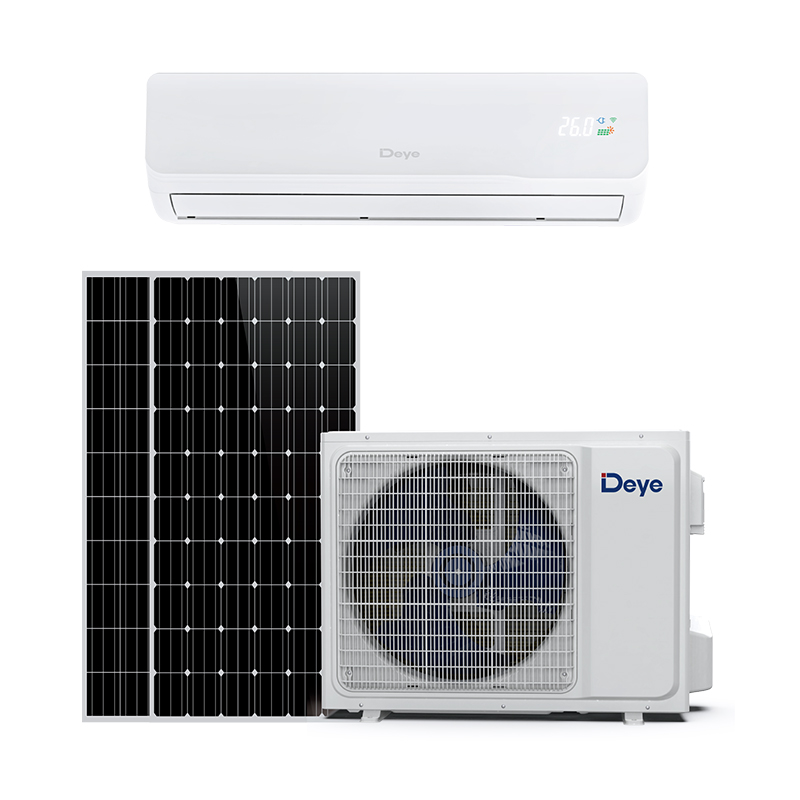
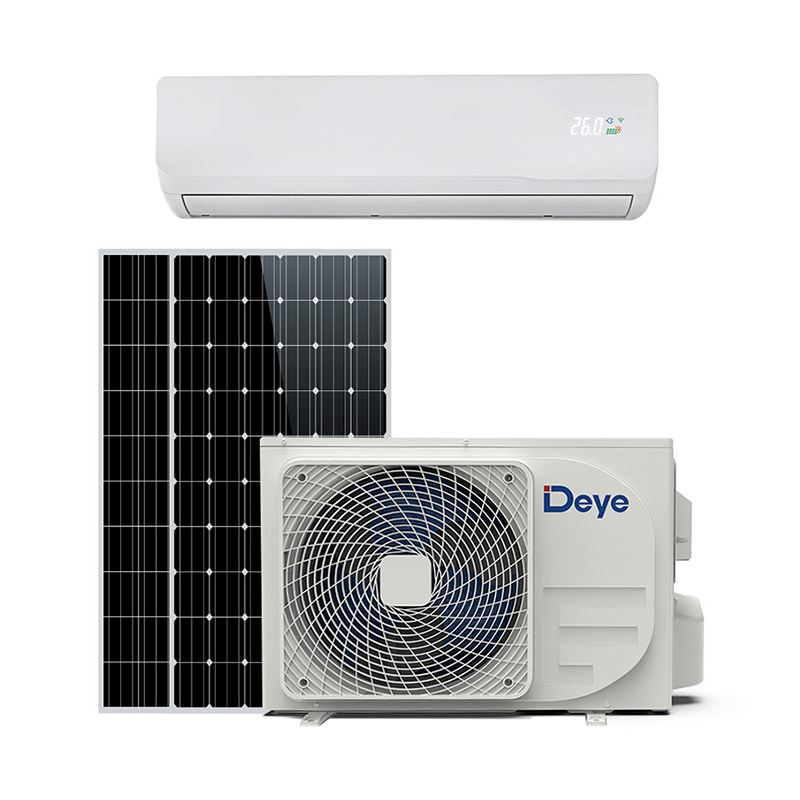
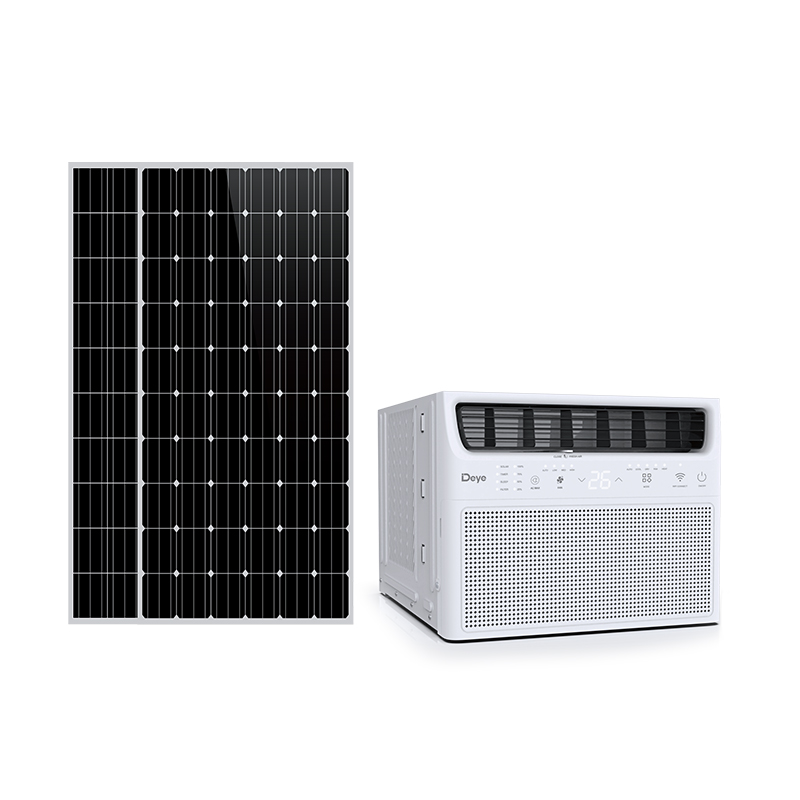






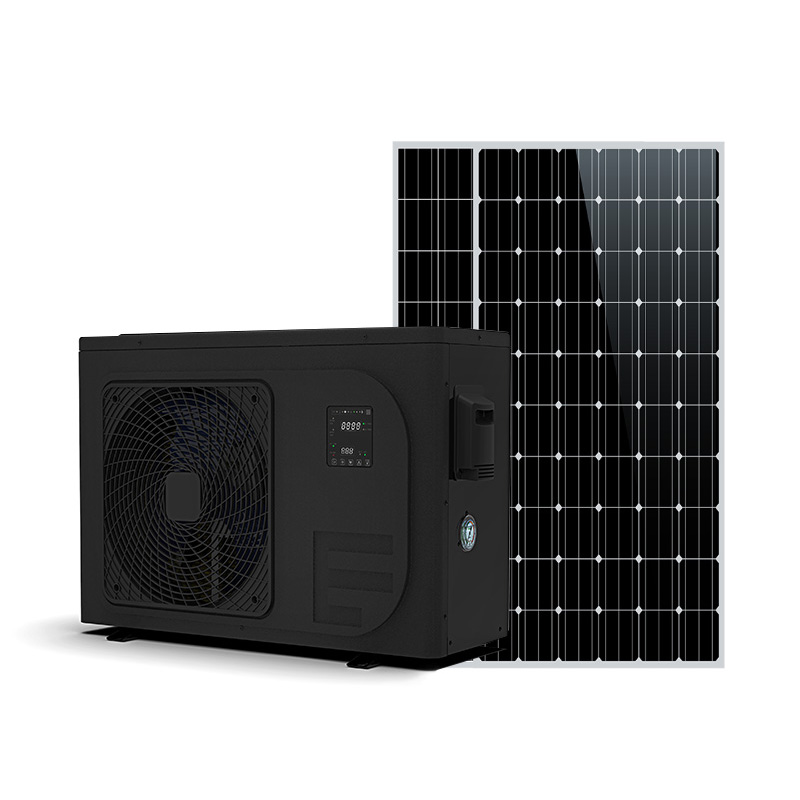
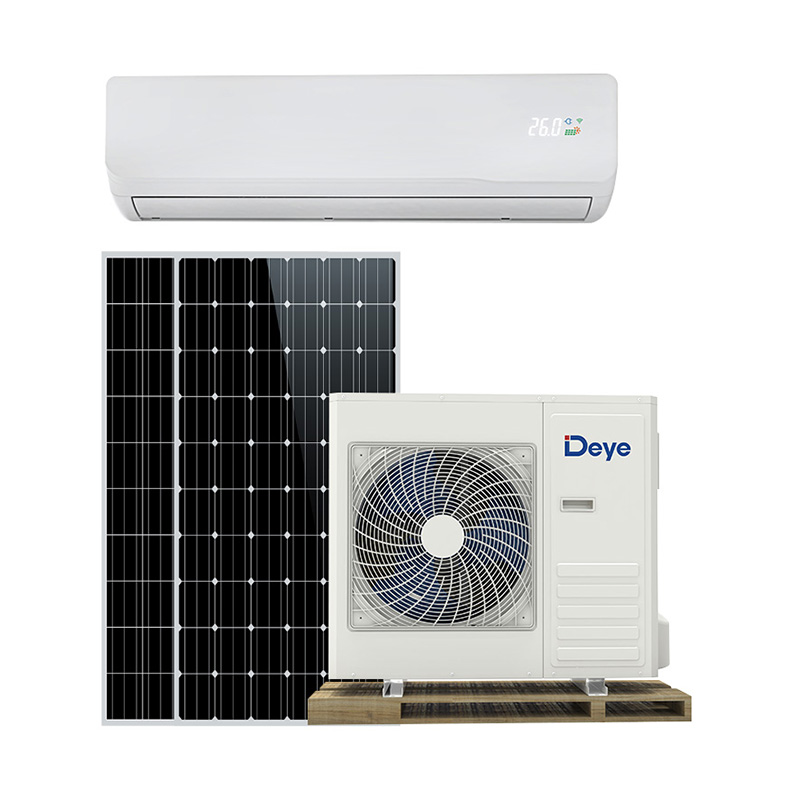
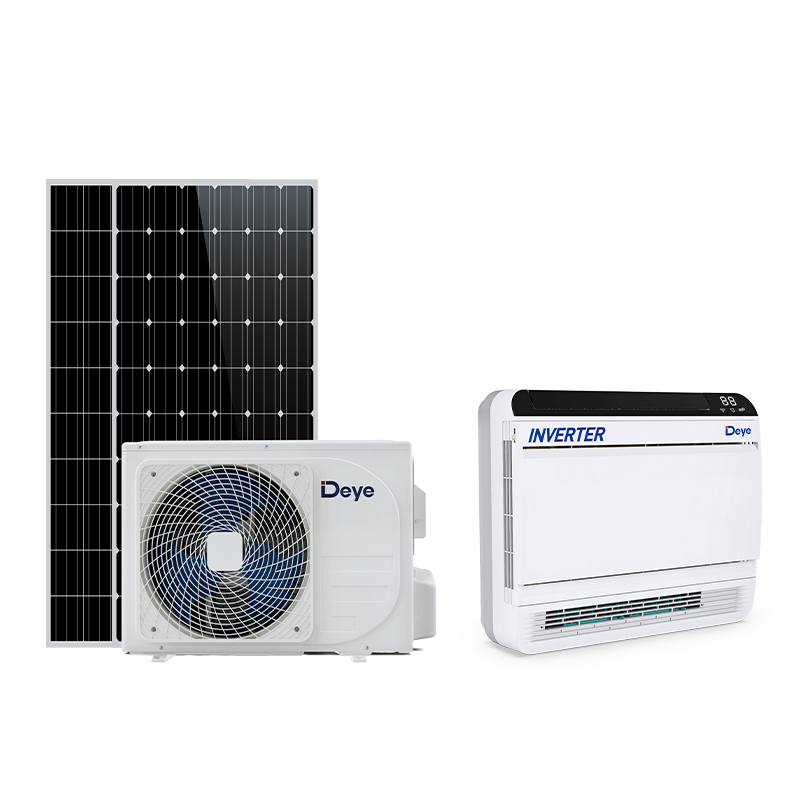
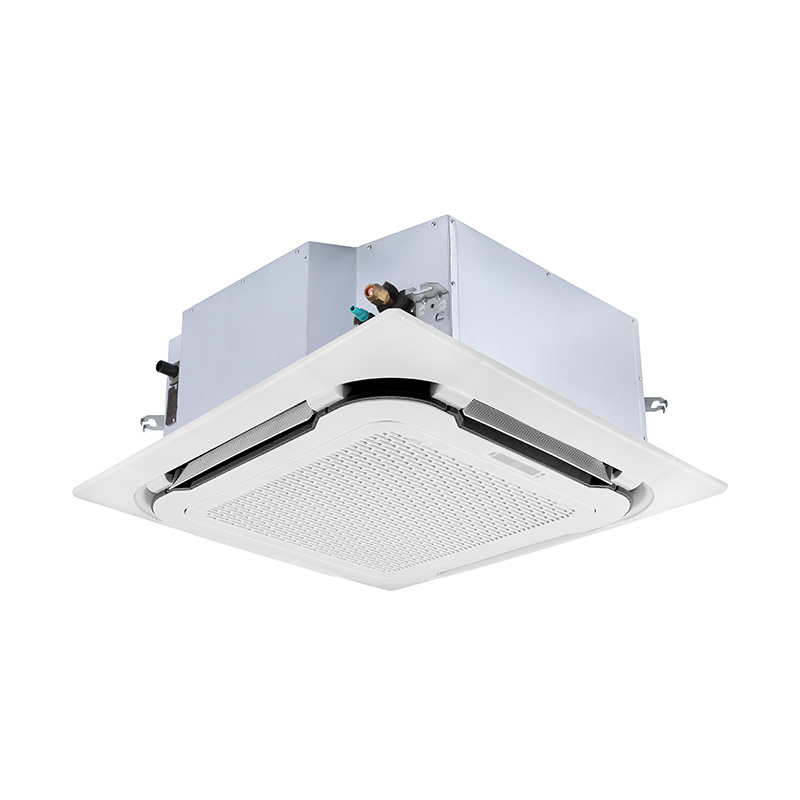
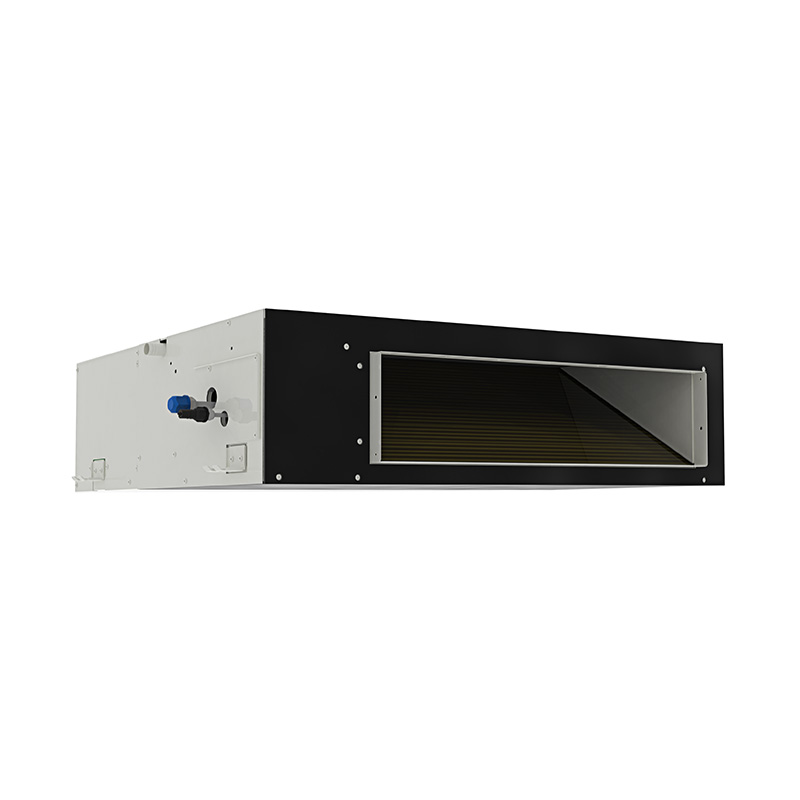
-1.jpg)


